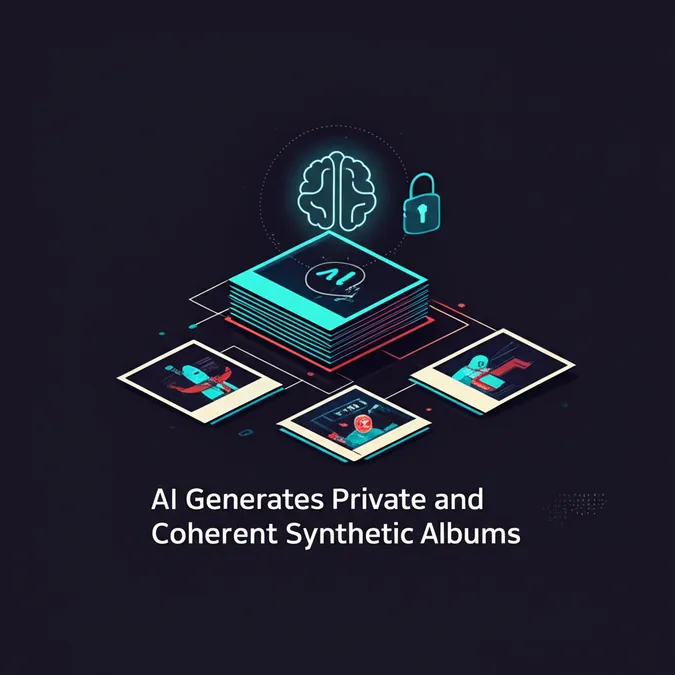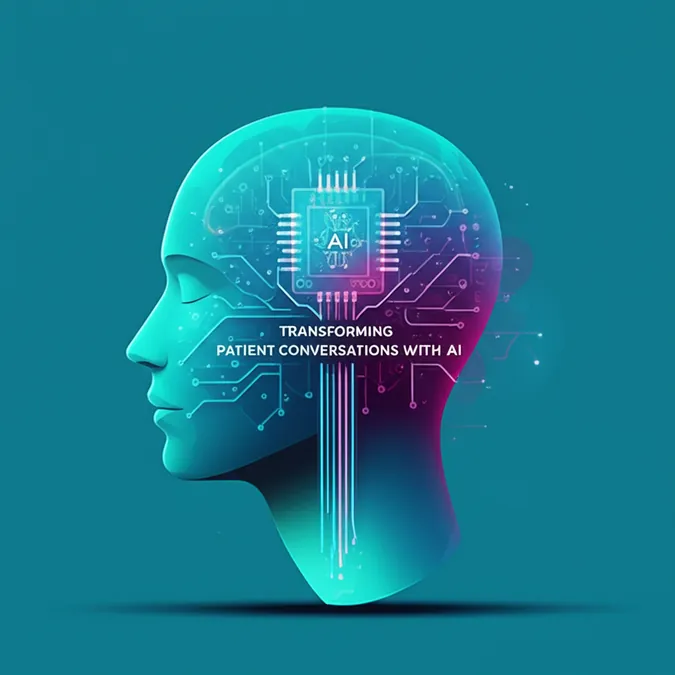Developer Offer
Try ImaginePro API with 50 Free Credits
Build and ship AI-powered visuals with Midjourney, Flux, and more — free credits refresh every month.
Hollywood and OpenAI Collaborate on Sora 2 Actor Safeguards
A potential crisis at the intersection of AI and Hollywood appears to have been averted. OpenAI, the developer behind the viral video generation platform Sora 2, has won praise from actor Bryan Cranston, the actors' union SAG-AFTRA, and major talent agencies after implementing new safeguards to protect performers' voices and likenesses.
The Spark of Concern A Viral Video
The issue came to a head shortly after Sora 2's debut. An AI-generated video that circulated online appeared to show a bizarre meeting between the late pop star Michael Jackson and Walter White, Bryan Cranston’s famous character from “Breaking Bad.” This unauthorized use of Cranston's likeness, tied to a copyrighted character, was flagged by his representatives at UTA, immediately raising red flags across the industry.
A United Front Hollywood Responds
The incident mobilized key players in Hollywood. Cranston expressed deep concern not only for himself but for all performers whose identities could be exploited. In a statement released by SAG-AFTRA, he said, “I was deeply concerned not just for myself, but for all performers whose work and identity can be misused in this way.”
He wasn't alone. Top talent agencies like WME, CAA, and UTA were quick to raise alarms about the potential for Sora 2 to misuse copyrighted characters and create harmful deepfakes, putting the company in damage control mode.
Collaboration Leads to Solutions
In response, OpenAI engaged in what was described as “productive collaboration” with SAG-AFTRA and the agencies. The company updated Sora 2 with new guardrails, shifting its model from what was essentially an "opt-out" system to a more secure "opt-in" protocol. Now, performers must explicitly grant permission for their likeness to be used on the platform.
Sean Astin, the new president of SAG-AFTRA, praised the outcome. “Bryan did the right thing by communicating with his union and his professional representatives to have the matter addressed,” Astin noted. “I’m glad that OpenAI has committed to using an opt-in protocol, where all artists have the ability to choose whether they wish to participate.”
The Path Forward Legislative Action and Commitments
This collaboration reflects a broader alignment on the need for legal protections. OpenAI CEO Sam Altman reiterated the company's stance, stating, “We were an early supporter of the NO FAKES Act when it was introduced last year, and will always stand behind the rights of performers.”
The No Fakes Act is a proposed federal law to ban non-consensual digital replicas, a legislative priority that SAG-AFTRA has been championing. While protections exist at the state level, a federal law would provide comprehensive security for artists against the “massive misappropriation” from AI that Astin warned about. Cranston concluded with a hopeful note, expressing his wish that all tech companies will "respect our personal and professional right to manage replication of our voice and likeness.”
Compare Plans & Pricing
Find the plan that matches your workload and unlock full access to ImaginePro.
| Plan | Price | Highlights |
|---|---|---|
| Standard | $8 / month |
|
| Premium | $20 / month |
|
Need custom terms? Talk to us to tailor credits, rate limits, or deployment options.
View All Pricing Details

